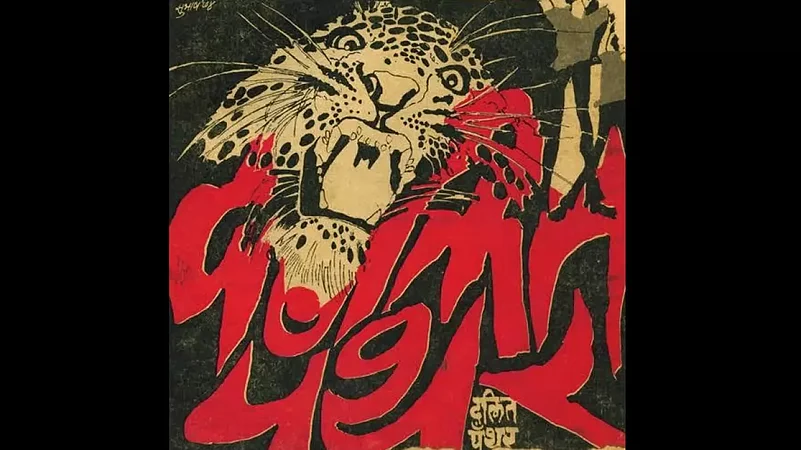It has been 76 years since India gained independence from the Britishers in 1947 but one thing that hasn't changed on the ground is the atrocities against Dalits - the economically weaker and the marginalised section of the Indian society.
76 Years Since India's Independence, Dalits Still Fighting For Justice
In the upcoming special edition on the occasion of the 77th Independence Day, Outlook looks at the issue of Dalit rights and the atrocities being meted out to them in 21st-century India.

Even if we have to go by government figures, nearly 1.9 lakh cases of crimes against the Dalit community were reported and registered since 2018. These figures were tabled in Parliament by the National Crime Records Bureau in March this year.?
The NCRB data also finds that atrocities against Dalits have increased in the last few years, while also witnessing a decline in conviction rates in such cases. This trend was specifically witnessed during the Covid-19 pandemic, as per the NCRB. All this is despite the fact that constitutional and legislative safeguards have strengthened over the years.
Dr Bhimrao Ambedkar believed that inter-caste marriages will help tackle the evil of so-called 'honour crimes'. However, the ideas of purity and pollution continue to prevail in Indian society and inter-caste marriages are still seen to be making one’s race and caste “impure”.
It was against this backdrop of continuing atrocities against Dalits that the Dalit Panthers Movement started in Maharashtra in 1972 as part of the struggle for civil rights and justice.
The educated Dalit youths in then Bombay had come together to start the Dalit Panthers movement, which was born out of the need to fight against atrocities, repression and injustice. The movement's name was inspired by the United States' Black Panthers party of the 1960s.
Its founders were mainly Mahar writers, including Namdeo Dhasal, Raja Dhale and JV Pawar, who has also written a book titled 'Dalit Panthers: An Authoritative History', which recalls the movement's initial days and looks at the question of Dalits' fight against injustice.
Pawar, in an interview with a news portal, admitted that some of their actions were on the edge of being threatening and radical, but in reality, they never indulged in violence, no one was ever beaten up or killed.?
The movement, which was based on the ideology of Dr Ambedkar, gained a reputation very soon and it became synonymous with the fight and justice for the downtrodden. Its influence spread to cities like Bombay, Nashik, Pune and Aurangabad.
However, the movement had its own setbacks when some members weaned away to the Leftist ideology and Communism while some others got swayed by power and started to 'work with' the administration. And the movement officially disbanded in 1977.
However, the works and agenda of the movement have continued in some form or another and the fight against caste discrimination and justice for the poor continues.
It is in light of these events that Outlook, in its upcoming Independence Day special edition, is looking at the issue of Dalit rights and atrocities being meted out to them in 21st-century India, 76 years after attaining independence.
- Previous Story
 Marital Rape 'A Social Issue Not Legal', Centre Files Affidavit With SC Against Criminalisation
Marital Rape 'A Social Issue Not Legal', Centre Files Affidavit With SC Against Criminalisation - Next Story
























